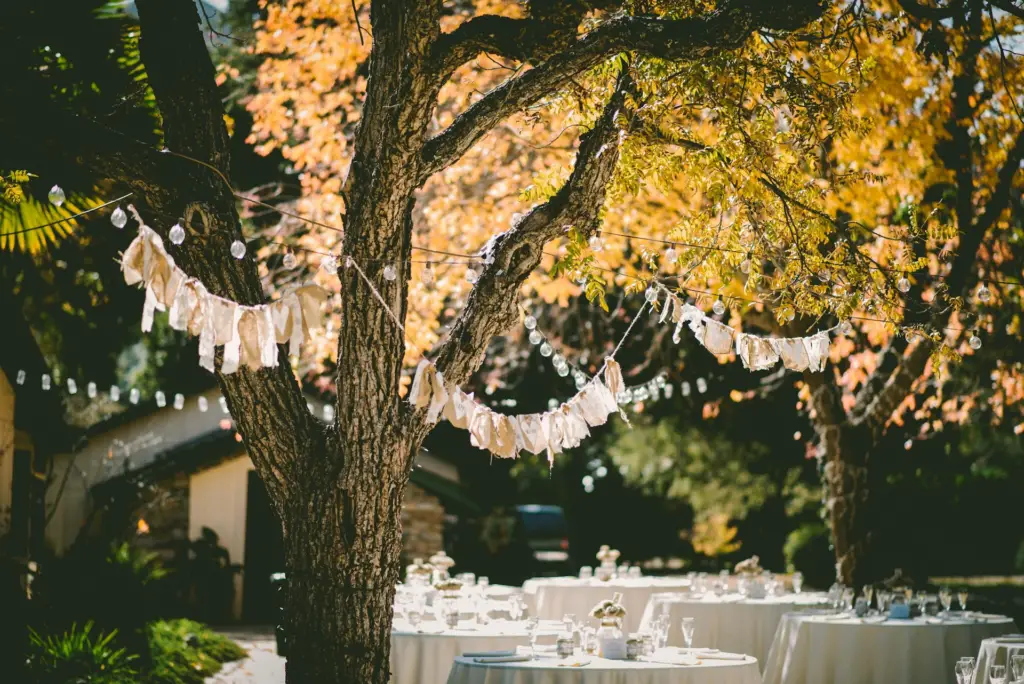Organizing an event can feel like a whirlwind of decisions, from selecting the date to planning the speaker lineup. However, one of the most crucial choices you’ll face is choosing the right venue. The space you select can significantly impact every aspect of your event, from catering options to the overall experience of your attendees. If you’re looking at private party venues in NYC, there are specific factors to keep in mind to ensure you make the best choice. Here’s a handy guide to help you navigate the process and find the perfect event space for your needs.

1. Determine Your Event’s Purpose and Goals
Before you even start browsing venues, it’s essential to clarify the purpose of your event. Is it a corporate seminar, a wedding, a birthday party, or a charity fundraiser? Each type of event has different requirements and expectations.
- Audience Consideration: Think about your audience and what kind of atmosphere will resonate with them. A formal corporate event may require a more sophisticated venue, while a casual birthday party could be held in a laid-back setting.
- Event Goals: Consider what you want to achieve. Is it networking, celebration, learning, or fundraising? Your goals can help guide your choice of venue, as different spaces lend themselves to different types of interactions.
2. Capacity and Layout
Once you have a clear vision for your event, the next step is to consider how many people you plan to invite. Understanding your expected attendance is vital for selecting an appropriately sized venue.
- Comfort Matters: You want to avoid overcrowding but also don’t want a cavernous space that feels empty. A good rule of thumb is to allow about 10 square feet per person for seated events and 5-6 square feet for standing receptions.
- Layout Flexibility: Check if the venue can accommodate different layouts. Depending on your event, you might need a theater-style setup, banquet seating, or open space for mingling. A venue that offers flexibility can help you make adjustments as needed.
- Ensure the venue’s infrastructure includes reliable components like solenoid valves for efficient control of heating, cooling, or water systems, ensuring a comfortable event experience.
3. Location and Accessibility
The location of your venue can have a significant impact on your event’s success. Consider these factors:
- Convenience for Attendees: Choose a venue that is easily accessible for your guests. If you’re hosting an event in NYC, think about public transportation options, parking availability, and how easy it will be for guests to find the location.
- Safety and Comfort: Ensure that the area surrounding the venue is safe and welcoming. Guests should feel comfortable arriving at and leaving the venue, especially if the event runs into the evening.
4. Amenities and Services
Different venues come with various amenities and services that can enhance your event experience.
- Catering Options: Does the venue provide in-house catering, or will you need to hire an outside vendor? Some venues have preferred catering partners, which can streamline the process but may limit your options.
- Technology Needs: Assess the technological capabilities of the venue. Do they have audio-visual equipment, projectors, or Wi-Fi access? If your event requires specific tech, ensure the venue can accommodate those needs.
- Furniture and Decor: Check if the venue provides tables, chairs, linens, and other necessary furnishings. If you need to rent these items separately, it can add to your costs and logistical planning.
5. Budget Considerations
Your budget will play a significant role in selecting your venue.
- Total Cost: Get a detailed breakdown of all costs associated with renting the space. This should include the rental fee, any service charges, security deposits, and additional costs for amenities like catering and AV equipment.
- Hidden Fees: Be aware of potential hidden fees. Some venues may charge for setup and cleanup, or they may have restrictions that incur extra costs (like needing insurance or a specific cleaning fee).
- Value for Money: While it’s tempting to go for the cheapest option, consider the overall value. A slightly more expensive venue may offer superior services or amenities that enhance your event, making it worth the investment.
6. Ambiance and Style
The venue’s ambiance can significantly influence the atmosphere of your event.
- Visual Appeal: Choose a space that aligns with your event’s theme and aesthetic. A trendy loft might be perfect for a modern corporate gathering, while a historic hall could be ideal for a wedding.
- Natural Light: Consider the venue’s lighting. Natural light can create a welcoming and vibrant environment, while poor lighting may make the space feel dull. If the event runs into the evening, ensure the venue can be adequately lit.
7. Venue Policies and Restrictions
Before making a final decision, take the time to understand the venue’s policies and restrictions.
- Alcohol Policies: If you plan to serve alcohol, ask about the venue’s policies. Do they have a liquor license? Can you bring your own alcohol? Understanding these rules will help you plan accordingly.
- Noise Restrictions: Some venues may have restrictions on noise levels, especially in residential areas. If you’re planning entertainment or music, confirm the venue can accommodate your plans without any issues.
- Cancellation Policy: Life can be unpredictable, so it’s essential to know the venue’s cancellation policy. What are the terms if you need to change or cancel the event? Understanding this can save you headaches down the line.
8. Visit Multiple Venues
Don’t settle for the first venue you visit. Take the time to tour several locations to compare your options.
- Get a Feel for Each Space: During your visits, imagine how your event would flow in each venue. Consider the logistics of moving guests from one area to another and whether the space can accommodate your needs.
- Ask Questions: Don’t hesitate to ask venue managers questions during your tours. They can provide valuable insights and help you understand how their space can work for your event.
9. Trust Your Instincts
After gathering all the information and visiting various venues, trust your instincts when making a decision.
- Gut Feeling: Sometimes, the best choice comes down to how you feel about a space. If a venue resonates with you and fits your vision, it may be the right fit.
- Discuss with Others: If you’re unsure, discuss your options with family, friends, or colleagues who may have experience in event planning. They can provide additional perspectives that may help you decide.
Conclusion
Choosing the right event space is one of the most important decisions you’ll make when planning your gathering. By considering your audience, capacity, location, amenities, and budget, you can find a venue that meets your needs and enhances the overall experience for your guests.
Remember, this is your event, and you want it to reflect your vision and style. With careful planning and consideration, you can find the perfect space that sets the stage for an unforgettable experience. So, take your time, ask the right questions, and get ready to create lasting memories at your event!










